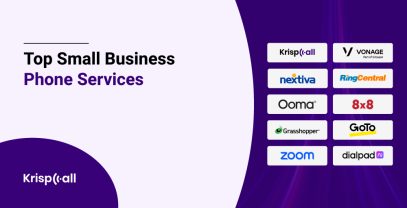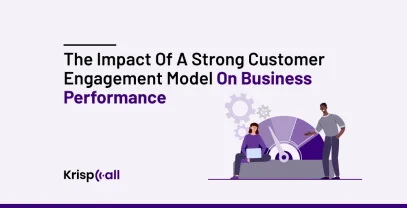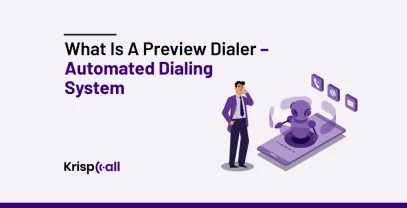Are you tired of struggling😪 with incompatible systems that reduce your business’s efficiency?
If yes, you need a seamless solution to integrate your data and applications across multiple platforms.
But where to get the solution from🤔? Well, iPaaS is the ultimate solution for you. The iPaaS market size is estimated to increase by USD 10.25 billion from 2022 to 2027.
Through this growth, your company can succeed and streamline operations at a (Compound Annual Growth Rate) CAGR of 25.97%.
However, finding the ideal fit for your business needs might be difficult among the many iPaaS options.
In this article, we’ve carefully selected a list of the Top 10 iPaaS Solutions for 2024 that will solve your integration problems.
🔑 KEY HIGHLIGHTS
- Integration Platform as a Service (iPaaS) is a cloud-based platform for integrating multiple systems, apps, and data sources within and between businesses.
- iPaaS works by connecting and integrating with pre-built connectors and adapters for both on-premises and cloud-based systems.
- There are various types of integrating platforms, such as the MuleSoft Anypoint platform, Dell Boomi, Oracle SOA, SAP Integration Suite, Workato, and so on.
- Using iPaaS can benefit you with cost efficiency, seamless integration, improved operational experience, greater agility, real-time data access, scalability, and more.
What Is Integration Platform as a Service?
Integration Platform as a Service (iPaaS) is a cloud-based platform for integrating multiple systems, apps, and data sources both within and between businesses. It acts as a centralized hub for managing and organizing business operations, APIs, and data flows.
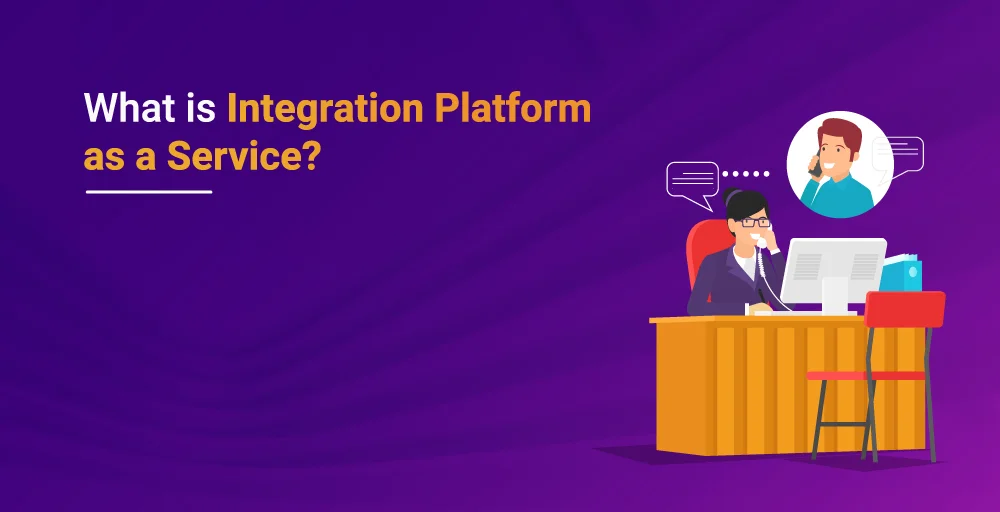
Regardless of the location and technologies of separate systems and apps, iPaaS ensures seamless connectivity and communication across them. However, its built-in connections make connecting various software programs and data sources easier.
How iPaaS Works?
Cloud-based iPaaS works by connecting and merging several systems, applications, and data sources. It also prepares standard adapters and connectors for use on both on-premises and cloud systems.
As for iPaaS, the initiation process of indicated events with the help of data flows and workflow arrangement becomes much easier. As another point, it performs monitoring of errors and data transformation during operational procedures. This secures the accuracy and reliability of the data.
Nevertheless, this single interface has been designed to allow the managers and controllers installed on the integrations to be able to control and monitor them. However, these integrations have security and scalability features. In this way, the SaaS application to enterprise integration process includes a first phase aimed at reducing the complexity and costs of operations.
Major Benefits Of Integration Platform as a Service
1. Seamless Integration
Whether locally or in the cloud, iPaaS makes it easy to connect and integrate applications and data sources. Moreover, as a result, your information will be harmonized, and data consistency and reliability will be achieved throughout the company’s activities and business partnership.
2. Cost Efficiency
When integration technology was first introduced, companies relied on manual point-to-point connections, which became increasingly costly and inefficient as integrations increased. Not to mention, iPaaS eliminates in-house integration systems and automates application integration, thereby reducing costs. Hence, by automating workflows and simplifying API management, manual intervention expenses are reduced.
3. Improved Operational Efficiency
With iPaaS, teams can shift their focus from manual tasks to strategic initiatives. As a result, it significantly enhances operational efficiency. Additionally, with the Automation technology in iPaaS, users can automate tasks across multiple applications, thereby minimizing human error and improving efficiency.
4. Enhanced Customer Experience
The customer experience is a key differentiator in today’s competitive environment. So, to deliver the best customer experience, iPaaS helps to maintain data consistency across all customer engagement channels. Furthermore, it helps maintain seamless data exchange through the integration of customer-related systems and APIs. This means that it lets you have results in real time.
5. Faster Time to Market
iPaaS is known to reduce development time, which may put your business ahead of the game. Through the utilization of cloud- based services and pre-constructed links, iPaaS reduces the integration process by simplifying the phase that takes time to set up and establish new connections.
6. Greater Agility
Being cloud-based platform-oriented, it can adapt to the changing needs of the business quickly. Moreover, microservices allow organizations to do this by independently deploying and scaling services. In this way, your business can, therefore, react to fluctuations in demand and also integrate new apps if necessary.
For example, an organization may easily boost the capacity for its operations by introducing iPaaS during a peak period of demand, thus satisfying its customers.
7. Real-time Data Access
iPaaS, in short, is a platform that brings users the ability to properly handle data synchronization across multiple systems and provides consistency. On top of that, that enables them to stay on top of the latest innovations for prompt response. This feature enables the system to instantly transmit data to all devices that are part of the network as soon as the change occurs by means of the iPaaS’s event-based architecture.
8. Scalability
The main benefit of scalability in iPaaS is that businesses can reduce or add their integration based on the changing needs. With iPaaS, individual services are scaled independently of the other applications, so the whole system isn’t affected.
With this kind of relationship, companies can decide to add or remove integrations based on their growth period or the time when they have slower business activities.
Common Features Of iPaaS
iPaaS solutions offer many features for users so that they can have more productivity and efficiency. So here are some common features:
- Pre-built Connectors: iPaaS platforms usually consist of many widgets built-in that let you connect different popular apps and services right away. With the help of this, you can accomplish goal without writing custom codes.
- Data Transformation and Synchronization: This is the function of the platforms that allow data transformation to be made from one format to another. Additionally, it keeps your data consistent across all of the systems.
- Visual Development Interfaces: Many iPaaS solutions offer user-friendly, drag-and-drop interfaces that allow non-technical users to create and manage integrations without extensive coding knowledge.
- Workflow Automation: iPaaS can automate business processes by adapting workflows between different applications. As a result, it helps improve your business efficiency and reduces manual tasks.
- API Management: Centralized API management is a standard feature that provides user tools for creating, deploying, monitoring, and managing APIs. This facilitates the integration and interaction between different applications.
- Real-time Integration: iPaaS platforms often support real-time data integration. This means that you can immediately process data and synchronize so that you can take timely decision-making and operate tasks.
10 Best Integration Platforms as a Service Providers
Choosing an iPaaS product that fits your needs, digital maturity, and budget expectations is critical in a multi-billion dollar market. Here, we have compiled a list of the top ten iPaaS software providers for 2024 that offer solutions for a wide range of use cases.
Here, we have taken these companies based on publicly available information from the Gartner Magic Quadrant for Enterprise iPaaS, TrustRadius reviews, and a Forrester WaveTM: Strategic iPaaS And Hybrid Integration Platforms, Q1 2019.
1. MuleSoft Anypoint Platform
Even after MuleSoft was acquired by Salesforce in 2018, it continues to operate as an independent offering. According to Gartner Peer Insights, TrustRadius, and Forrester Wave, it is a Leader in the Gartner Magic Quadrant.
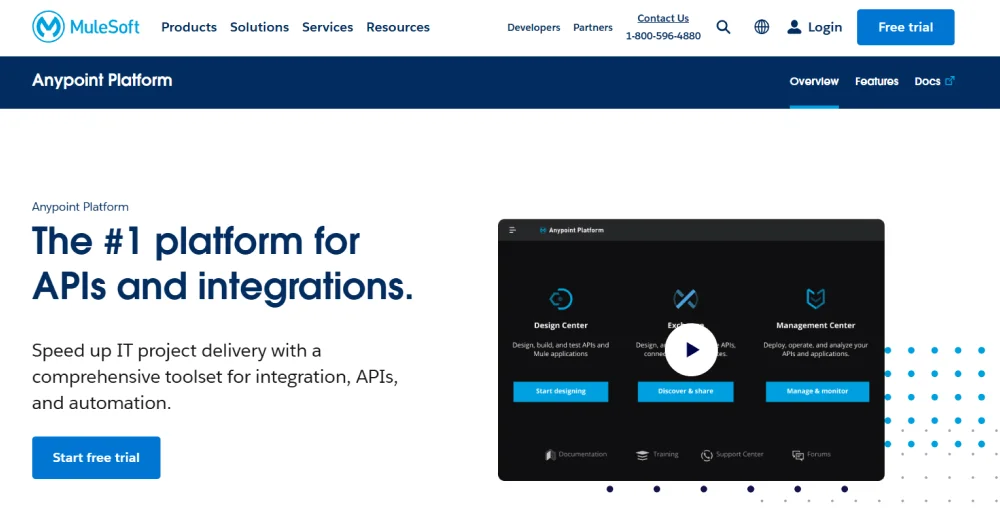
The MuleSoft Anypoint Platform unifies multiple APIs, integrations, and connectors. In addition to Composer (GUI-based), MuleSoft offers a low-code integration platform called MuleSoft Connect.
Key Features Of MuleSoft Anypoint Platform
- Code-free or code-based assets for API integrations
- Support for hybrid, on-premises, and cloud deployments
- Monitor APIs and integrations with one interface
- Compliance and security automation
- Integration assets for greater reuse, like APIs, connectors, and templates
- CloudHub hosts integrations as a platform as a service
2. Informatica Intelligent Cloud Services (IICS)
Informatica has also been ranked on Gartner’s Magic Quadrant for Enterprise iPaaS for several years running. The Gartner Peer Insights report also recognizes it as a widely recognized product by customers. The company was founded in 1993 and offers several products in data management, cloud connectivity, and application integration.

With its Informatica Intelligent Cloud Services (IICS), the company offers next-generation iPaaS powered by artificial intelligence (AI) and machine learning (ML). It also has a microservices architecture and is highly scalable.
Key Features of IICS
- Secure cloud partner onboarding and integrated landscape growth with a cloud B2B gateway
- Monitoring, managing, and governing data integrity
- Streaming and processing of Big Data in the cloud
- Scalable data integration using Cloud Data Integration Elastic
- Applications and data in the cloud are seamlessly integrated
- Real-time synchronization of data sources using Master Data Management Cloud.
3. Dell Boomi
A leading integration cloud at the time, Boomi was acquired by Dell in 2010. Despite its scalability, Boomi consistently ranks as a Leader in Gartner’s Enterprise iPaaS Magic Quadrant for seven consecutive years.
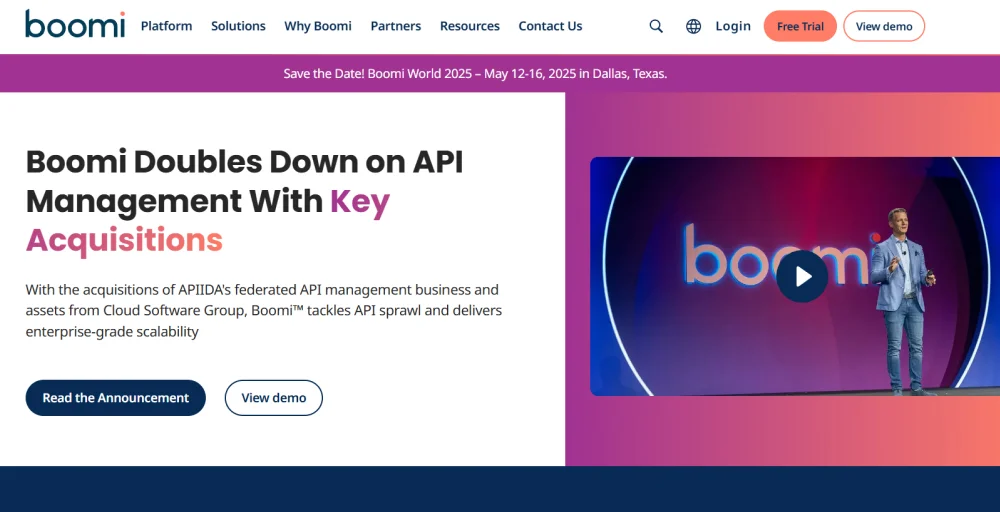
Additionally, Boomi enables data integration and seamless workflows, instantly connecting to 1500+ endpoints. It provides a point-and-click interface for building integrations. You can manage Boomi via browser-based UI.
Key Features of Dell Boomi
- With a distributed architecture, this platform is cloud-native
- Runtime engine powered by Boomi Atom
- Integration accelerators, process libraries, and starter templates
- Secured with FedRAMP
- Easily deployable on-premise, in the cloud, or in private systems
- Improve usability with drag-and-drop visual user interfaces (UI)
4. Oracle SOA
Oracle is an unexpected entrant on our list of the best iPaaS companies owing to its strong presence in design and customer experience (CX). However, since 2016, it has grown its iPaaS revenues by over 200%, and Gartner has ranked it as a leader in the Magic Quadrant for enterprise iPaaS.
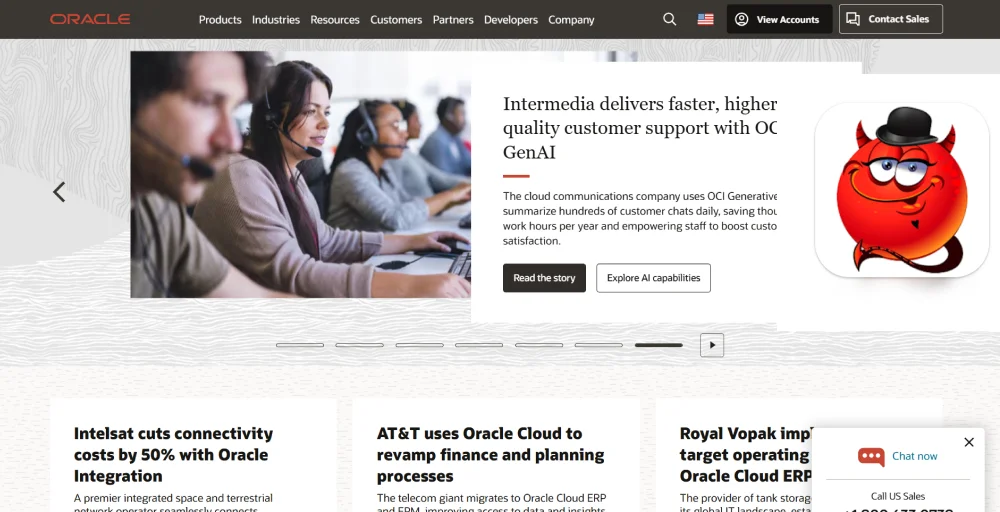
With its Oracle Service Oriented Architecture (SOA) suite, Oracle provides many iPaaS services, including real-time integration insights, file transfer services, and developer tools. As part of its SOA Cloud iPaaS offering, Oracle introduced its full-service iPaaS offering in 2018.
Key Features of Oracle SOA
- Oracle Enterprise Resource Planning (ERP) and NetSuite Cloud Adapters for Salesforce, Ariba, and Oracle
- Service for monitoring Oracle Business Activity
- Migrations from on-premises to the cloud are easy
- A platform that integrates mobile and IoT.
- E-Business Suite, JD Edwards, SAP, and Siebel On-premise Adapters
- Discover, provision, and deploy services using Oracle Service Bus
5. SAP Integration Suite
Among enterprise customers, SAP is widely recognized as a Leader in the Gartner Magic Quadrant for iPaaS. Using the SAP Business Technology Platform (SAP BTP) and Cloud Foundry, it offers the SAP Integration Suite (formerly SAP Cloud Platform Integration Suite).
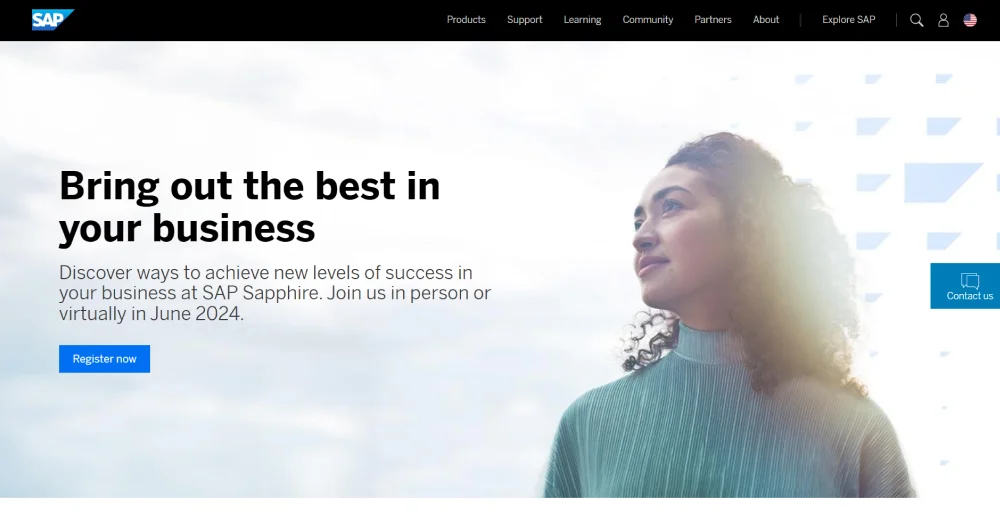
You can integrate enterprise-wide applications in a complex, hybrid environment by using SAP Integration Suite. In addition to connecting processes and data, it contextualizes them to deliver business value.
Key Features of SAP Integration Suite
- Intelligent recommendations using AI advisors
- Monetization through API publication
- Technology-enabled self-service
- SAP offers a library of prebuilt integrations
- Designing, developing, and deploying custom APIs
- Harmonization of end-to-end processes
6. TIBCO Cloud™ Integration
As per the Forrester Wave for Strategic iPaaS and Hybrid Integration Platforms, TIBCO is a Leader as a Challenger in the Gartner Magic Quadrant for Enterprise iPaaS. With an open platform core, TIBCO Cloud connects with the widest possible range of platforms, making it its flagship iPaaS.
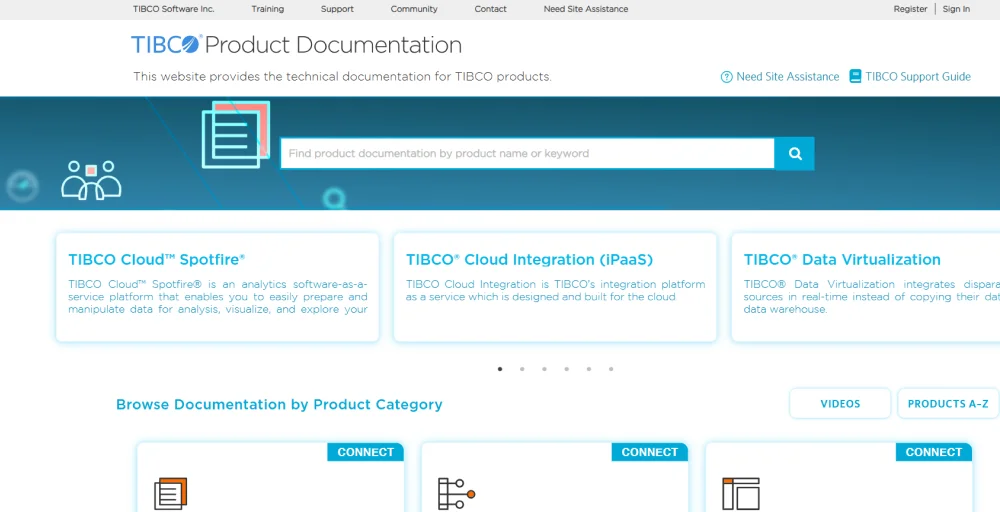
Furthermore, with TIBCO Cloud Integration, users can design, deploy, and manage integrations using a visual interface. Notably, this often employs drag-and-drop functionality. However, as a result, this makes it easier for both technical and non-technical users to build integrations without extensive coding knowledge.
Key Features Of TIBCO Cloud Integration
- AWS or Azure, container-based platforms, and edge devices are all options for deployment: on-premise, in the cloud, and on edge devices.
- Business-to-business (B2B) and big data endpoints, business applications, file transfer and storage services, and mobile notifications are all supported by this library of 200+ pre-built connectors.
- Development of cloud-native apps, scalable microservices, and serverless functions are supported
- Parent-child hierarchy for Centralized Integration Governance
- Capabilities in AI and machine learning
- Application testing and debugging in the cloud
7. Workato
According to the Forrester Wave and the Gartner Magic Quadrant, Workato is among the leaders in enterprise automation companies. Like other iPaaS solutions, Workato suits small, medium-sized, and large enterprises.
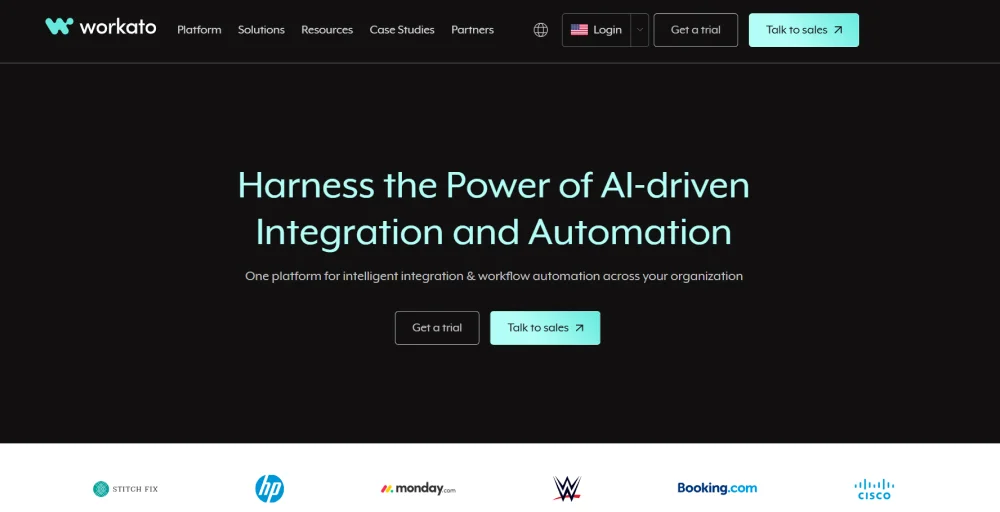
Whether you are in IT, marketing, HR, finance, sales, support, or product development, it fits seamlessly into your current technology stack. Due to the combination of API and GUI connectors, Workato’s platform has a low code base and is easy to use.
Key Features of Workato
- Connectors pre-built in a library of over 1000
- Changes reconciled automatically
- Integration with Slack and Microsoft Teams chatbot
- More than 500,000 ready-to-use automation workflows and recipes
- RPA with GUI and low code
- Integration with Snowflake, BigQuery, and Redshift
8. Cleo Integration Cloud
Cleo Integration Cloud is a comprehensive platform designed to streamline B2B integrations through API, EDI, and file-based integration. It makes it easy to automate processes across teams within your organization.

However, with this platform, business processes can be improved by breaking down silos with the integration platform. In addition to workflows and integrations, CIC Studio offers an easy-to-use integration environment.
Key Features of Cleo Integration Cloud
- Creating integrations without coding is easy with Cleo’s drag-and-drop workflow editor.
- Cleo uses APIs to connect apps but does not provide API management.
- Connectors are prebuilt.
- Security certifications are listed.
9. Flexspring
With Flexspring, you can connect to the most popular HR applications and software tools, including Workday, Greenhouse, Monster, and Oracle HCM. With an extensive library of pre-built connectors, this iPaaS company specializes in integrations for the Human Resources industry. This allows your HR department to integrate all applications and tools into one seamless, secure environment.

Additionally, Flexspring’s turnkey connectors can be deployed in a matter of months. As a result, it significantly allows you to achieve faster results than traditional integration solutions. Notable, they may not offer self-service options for smaller businesses but all size businesses.
Key Features Of Flexspring
- The workflow tool allows users to build integrations visually.
- The API management tool integrates apps using API-to-API connections. However, it doesn’t allow users to create or manage their own APIs.
- The connector library offers prebuilt integrations.
- The terms and conditions indicate its level of security, even though it doesn’t have any security documentation.
10. Blendr.io
With Blendr.io, users can create self-service integrations that are enterprise-grade or standardized. Also, they offer a set of tools for embedding your SaaS platform’s UI into the UIs of other SaaS platforms (including HubSpot).
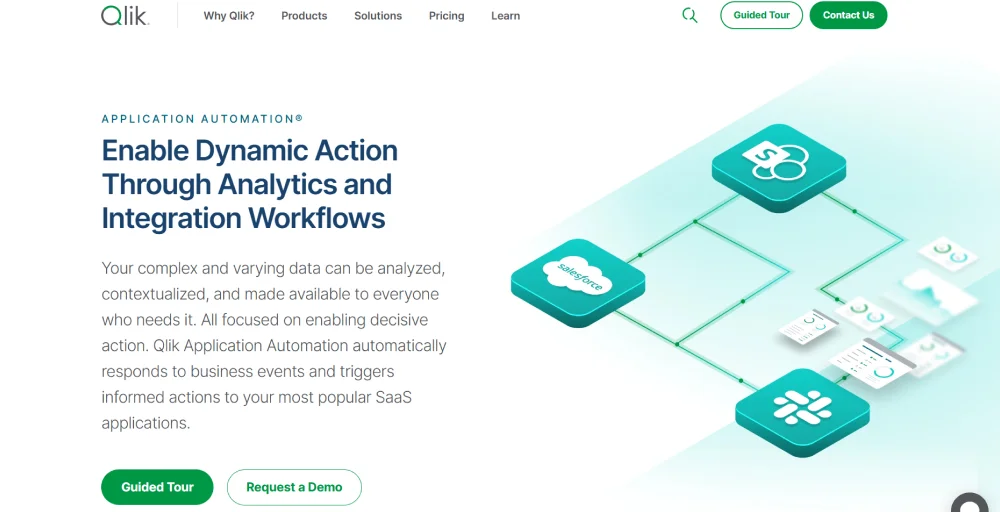
In addition to marketing, sales, events, and productivity, Blendr.io integrates with 300+ other cloud platforms. In the event that you cannot find the integration you need in their library, the Blendr.io team will be happy to add it for you at no additional charge.
Key Features of Blendr.io
- With Blendr.io, you can build visual automation with no coding required.
- Tool for managing API integrations but not API creation and deployment.
- Several premade connectors are available at Blendr.io.
- Keeping data secure is a top priority for Blendr.io’s creator, Qlik.
Conclusion
iPaaS solutions are the best way to connect all your systems, apps, and data feeds. Since you don’t have to operate individually now, you can benefit from synchronized operational processes to enhance your business.
With these providers, companies of any size can take advantage of the latest technology, advanced features, intuitive user interfaces, and reliable service, all of which ensure the scalability of their business operations. With IPaaS, you can fully access connectivity innovation and have confidence in its implementation. Hence, we hope you will use these iPaas on your business journey for seamless integration as soon as possible.
FAQs
Who can benefit from iPaaS?
Businesses that tend to rely heavily on multiple applications and systems can benefit from iPass. Utilizing this system can effortlessly streamline operations, improve efficiency, and enhance collaboration between different departments or teams.
What types of integrations can iPaaS handle?
iPaaS is capable of handling various types of integrations. This includes:
- Application to application (A2A) integrations
- Business to business (B2B) integrations
- Cloud-to-cloud integrations
- On-premises to cloud integrations
- Data integrations
- API integrations



